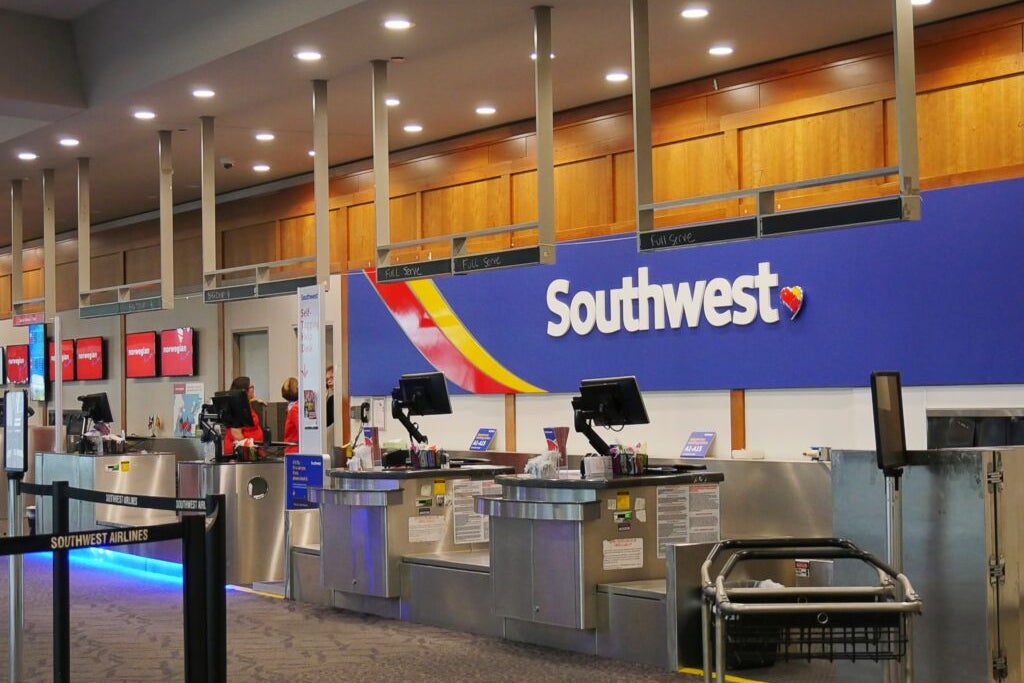Southwest Airlines’ Bold Move: The $430 Million Baggage Fee Strategy
Southwest Airlines, a major player in the U.S. aviation market, is on track to earn $430 million in profit thanks to its newly implemented baggage fees. This decision, while financially lucrative, raises critical questions about customer satisfaction and the evolving landscape of airline pricing models. Industry analysts are closely monitoring the implications of this move as it could signal a shift in airline business strategies.
Understanding the Baggage Fee Controversy
The introduction of baggage fees has long been a contentious issue in the airline industry. Critics argue that such fees undermine the customer experience, while supporters claim they are necessary for maintaining competitive pricing and profitability.
In the case of Southwest Airlines, the decision to implement these fees appears to be a calculated risk. According to an industry analyst, the airline’s baggage fees are expected to contribute significantly to its bottom line, helping it to achieve an unprecedented profit in a challenging market.
The Financial Implications
With the airline industry still recovering from the pandemic, every dollar counts. The projected $430 million in profits from baggage fees highlights the financial necessity of such measures. Southwest’s decision aligns with a broader trend among airlines seeking new revenue streams amid fluctuating travel demand.
- Increased Revenue: The baggage fees are expected to provide a substantial boost to Southwest’s revenue, allowing the airline to invest in improvements and expansions.
- Competitive Edge: By adopting this fee structure, Southwest aims to remain competitive in a market where many airlines have already implemented similar strategies.
- Customer Expectations: As consumers become accustomed to fees, airlines may feel encouraged to raise prices further without fear of losing customers.
Customer Satisfaction at Stake
While the financial benefits are clear, the impact on customer satisfaction is more ambiguous. Surveys suggest that many travelers resent additional charges, particularly for services that were once included in ticket prices. The question remains: will these baggage fees alienate loyal customers?
Experts warn that if airlines, including Southwest, do not manage customer perception effectively, they risk damaging their brand reputation. “Airlines need to communicate transparently about why these fees are necessary,” says Emma Thompson, an aviation industry consultant. “If customers feel they are being unfairly charged, it could lead to a backlash that outweighs any financial gains.”
Shifting Pricing Models in the Airline Industry
The introduction of baggage fees by Southwest Airlines reflects a broader evolution in the airline industry’s pricing models. Traditionally, airlines offered all-inclusive fares, but with the rise of low-cost carriers and increased competition, many airlines have shifted to unbundled pricing strategies.
This trend allows airlines to attract price-sensitive travelers while also offering them the option to pay extra for additional services, such as checked baggage. However, this model also comes with challenges, particularly in maintaining customer loyalty.
Looking Ahead: The Future of Airline Pricing
As Southwest Airlines moves forward with its baggage fee strategy, it is essential to consider the potential long-term consequences. Industry analysts predict that if successful, other airlines may follow suit, leading to a normalization of baggage fees across the board.
Furthermore, the trend towards unbundled pricing could reshape consumer expectations in the airline industry. Travelers may need to adapt to a new reality where ancillary fees are the norm rather than the exception.
Conclusion: A Balancing Act
The decision by Southwest Airlines to implement baggage fees represents a significant turning point for the airline. While the projected $430 million profit is undoubtedly appealing, the airline must tread carefully to ensure that it does not alienate its customer base.
As the industry continues to evolve, airlines will need to strike a delicate balance between profitability and customer satisfaction. The future of airline pricing models hangs in the balance, and how Southwest navigates this new terrain will be crucial for its long-term success.
As travelers, it is essential to remain informed and adaptive. Understanding how these changes in pricing affect both our travel experience and the industry as a whole will help us make better decisions in the future.
Call to Action: Stay updated on the latest developments in the airline industry and consider how these changes may impact your future travel plans. Share your thoughts and experiences with us as we navigate this evolving landscape together.
See more Business Focus Insider Team

